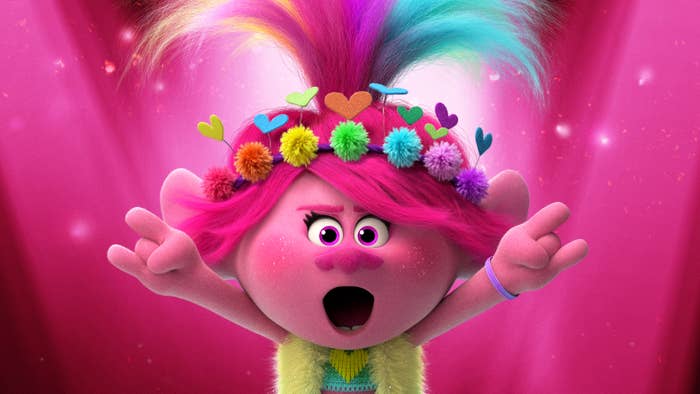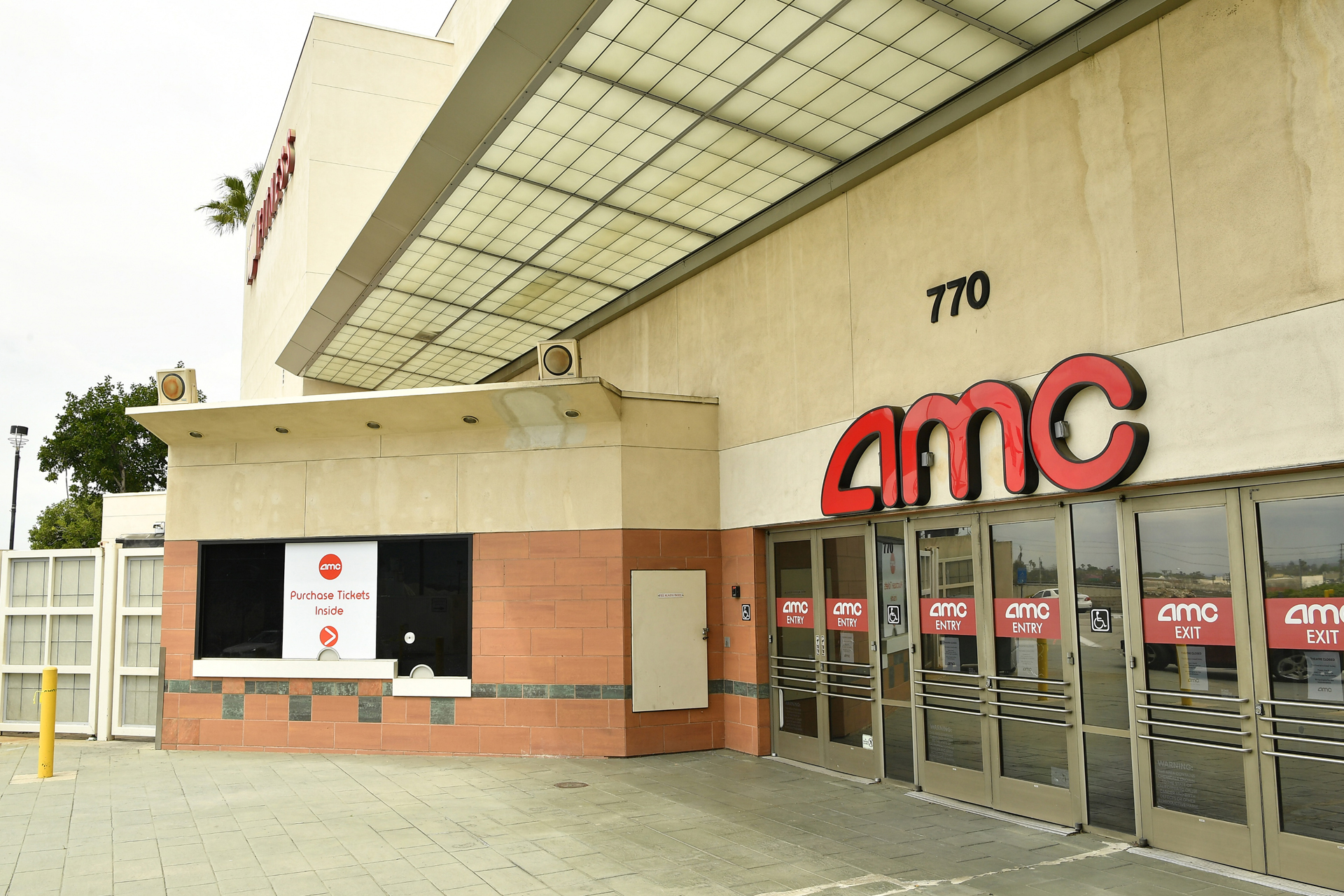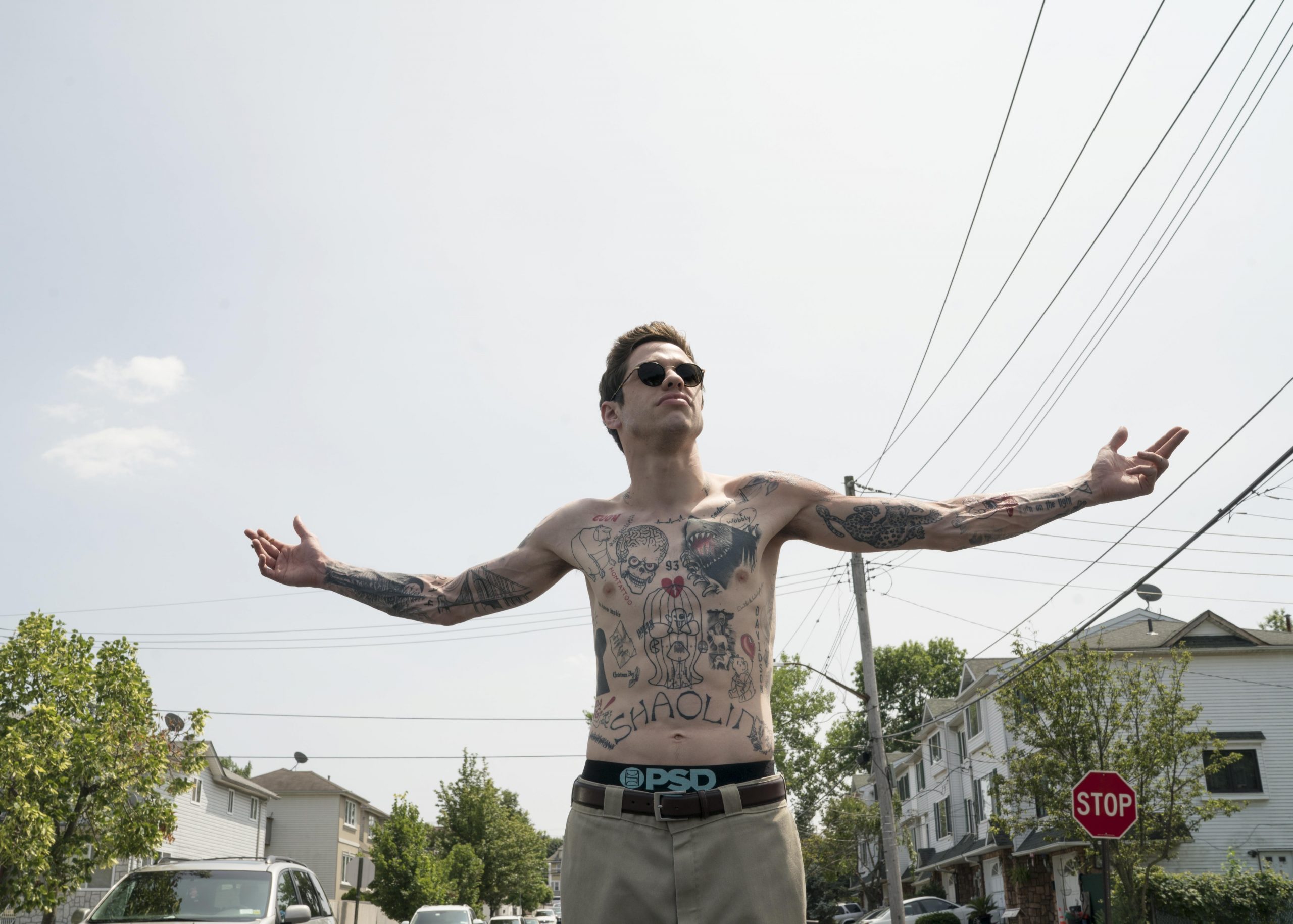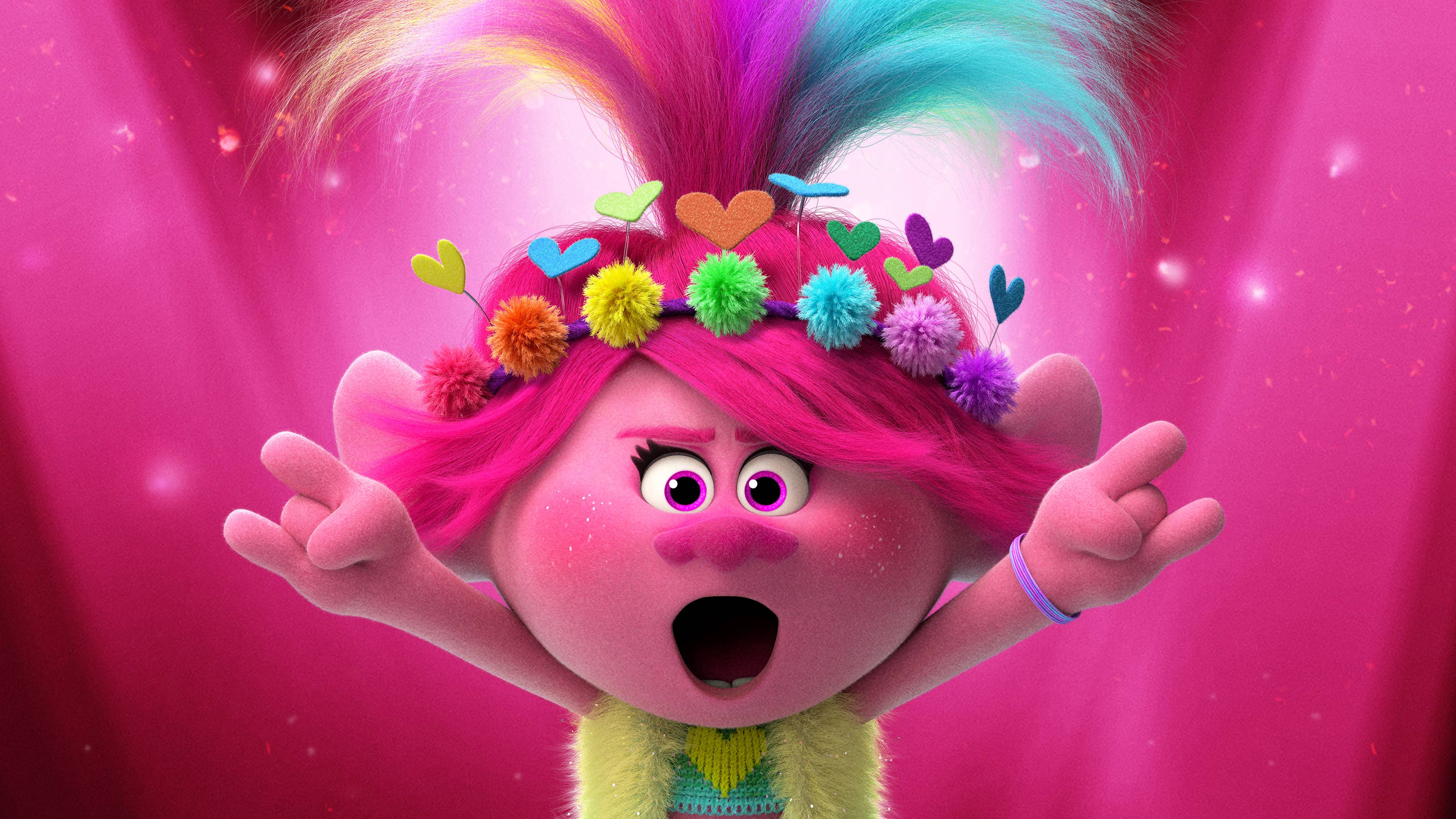
Godzilla vs. King Kong. Ali vs. Frazier. Bird vs. Magic. Belichick’s Patriots vs. everyone.
These legendary battles gained a new competitor as Universal Pictures and AMC Theaters went head-to-head over...Trolls World Tour?! Why in the world is the largest theater chain in the U.S. picking a fight with a global corporation over an animated musical film based on toys you had as a child? And what does it mean for the future of the theatrical movie-going experience? The answers to these questions are complicated, but essentially boil down to the tension around how we are used to seeing movies versus how we’ve grown accustomed to seeing them in the past decade. It’s a long-simmering cold war that finally exploded—quite publicly—this week.
The typical relationship between cinema chains and film distributors has worked as such: Film studios (like Universal) lease out a movie to a theater in exchange for a portion of its ticket sales. It’s a symbiotic relationship, as theaters need movies to show and studios need the massive distribution abilities of the screens to ensure its movies are seen by large portions of people. As part of this agreement, theater chains are typically granted an exclusive 90-day period—known as windowing—wherein they receive the exclusive rights to show a film. The two groups then split the money the movie makes during the course of its run. However, this model has been challenged in recent years by streaming services—most notably Netflix—as those platforms have proven a studio can release content to a hungry audience and have it seen by a large number of people immediately.
As the coronavirus has ravaged Hollywood, cinemas and studios alike are left in a compromising position. With theaters closed, there’s not a traditional option for studios to showcase their product. This tension is why we’ve seen a number of studios, looking to recoup however possible, embrace releasing movies on premium video-on-demand (PVOD) platforms like Apple, Amazon, and so forth. The initial wave of movies to hit PVOD—The Invisible Man, The Hunt, The Way Back, and Onward, among others — were all films already released to theaters prior to Rona shutting everything down. Crucially, these movies moving to PVOD after their release still provided an element of windowing, still adhering to the standard relationship between theaters and distributors.
The same can’t be said for Trolls World Tour. The animated sequel to the highly popular Trolls movie was originally set for an April 17 theatrical release but was moved up a week to April 10 to offer a day-and-date digital and theatrical release for the few theaters who were still open. Technically, this move violated any resemblance of windowing.
However, most chains didn’t seem to make much of a fuss—publicly at least. That changed with a report from The Wall Street Journal on Tuesday, April 28. Since its North America release on April 10, the movie has made an estimated $100-million from PVOD sales. While this amount is under the $153-million domestic gross the original Trolls movie made back in 2016, Universal gets to keep all of the $100-million because they don’t have to share those funds with a theater chain. To add further insult to injury, NBCUniversal CEO Jeff Shell then doubled down, saying “Soon as theaters reopen, we expect to release movies on both formats (theatrically and PVOD).”
After those comments, well, all hell broke loose.




